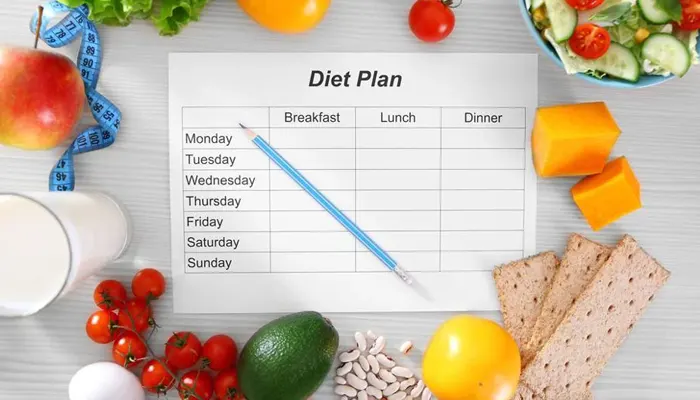Allergy-Proof Your Kitchen – Tips For A Safe Cooking Environment
- Ishani Karmakar
- 1 year ago
- 4 minutes read

When it comes to managing food allergies, the kitchen can be both a sanctuary and a minefield.
For individuals or families dealing with allergies, even the smallest trace of an allergen can lead to severe reactions. Therefore, creating an allergy-proof kitchen is not just a matter of convenience; it’s a necessity. Whether you’re dealing with common allergens like nuts, dairy, gluten, or something more specific, taking proactive steps to ensure your kitchen is a safe space is crucial. Here are some tips to help you create a cooking environment that minimizes risks and keeps everyone safe.
Organize and Label Everything
The first step in allergy-proofing your kitchen is to organize and label everything. Cross-contamination is a major concern, especially when you have multiple food items in close proximity. Start by dedicating specific shelves or areas in your pantry and refrigerator for allergen-free foods. Use clear, airtight containers and label them with the contents and the date. This not only helps prevent accidental exposure but also makes it easier to manage your ingredients.
Consider color-coding your kitchen items. For instance, use red labels or containers for items containing allergens and green for allergen-free items. This simple visual cue can be incredibly helpful in preventing mistakes, especially if you have kids or guests helping in the kitchen.
Clean Thoroughly and Regularly
Keeping your kitchen clean is always important, but it’s especially crucial when dealing with allergies. Regular cleaning helps reduce the risk of cross-contamination. Start by wiping down all surfaces before and after cooking, including countertops, cutting boards, and stovetops. Don’t forget to clean the handles of drawers, cabinets, and appliances like the refrigerator and microwave, as these are often overlooked spots where allergens can linger.
Use separate sponges, dishcloths, and towels for cleaning allergen-free items. If possible, designate specific tools for allergen-safe cooking, and clean these separately from other kitchenware. Running your utensils and cutting boards through the dishwasher on a high-temperature setting can also help eliminate any residual allergens.
Be Mindful of Cooking Utensils and Equipment
Cross-contact occurs when an allergen comes into contact with an otherwise safe food item, and it’s one of the most common ways allergens can spread in a kitchen. To avoid this, it’s important to be mindful of the utensils and equipment you’re using.
Whenever possible, invest in separate utensils, pots, and pans for cooking allergen-free meals. If that’s not feasible, thoroughly clean all equipment before use. Pay special attention to items like wooden spoons, cutting boards, and cast-iron skillets, as these can be more difficult to clean and may retain traces of allergens.
For appliances like toasters, blenders, and food processors, consider having separate ones for allergen-free use, or use removable liners and accessories that can be washed or replaced easily.
Stock Allergy-Friendly Staples
Having a well-stocked pantry of allergy-friendly staples can make meal preparation easier and safer. Items like gluten-free flours, dairy-free milk alternatives, and nut-free butters can be lifesavers when you need to whip up a quick meal or snack.
Consider preparing allergen-free snacks and meals in advance and storing them in the freezer for easy access. This can help reduce the temptation to grab something that might not be safe in a pinch. Additionally, keep a stash of allergy-friendly snacks for on-the-go situations, ensuring that you or your family members always have a safe option available.
Creating an allergy-proof kitchen takes time and effort, but the peace of mind it brings is well worth it. It’s not just about avoiding allergens; it’s about creating an environment where everyone can cook, eat, and enjoy food safely. So take these steps today, and turn your kitchen into a haven of safety and comfort. Your efforts will go a long way in protecting the health and well-being of your loved ones.












